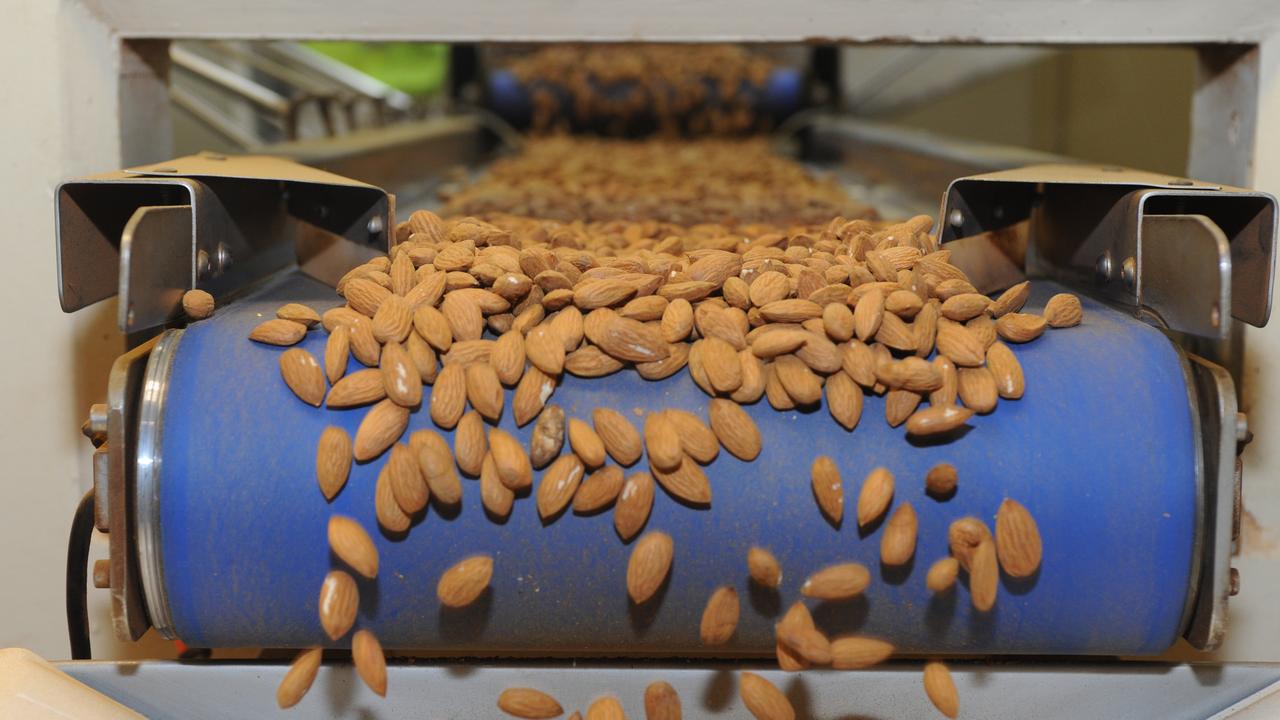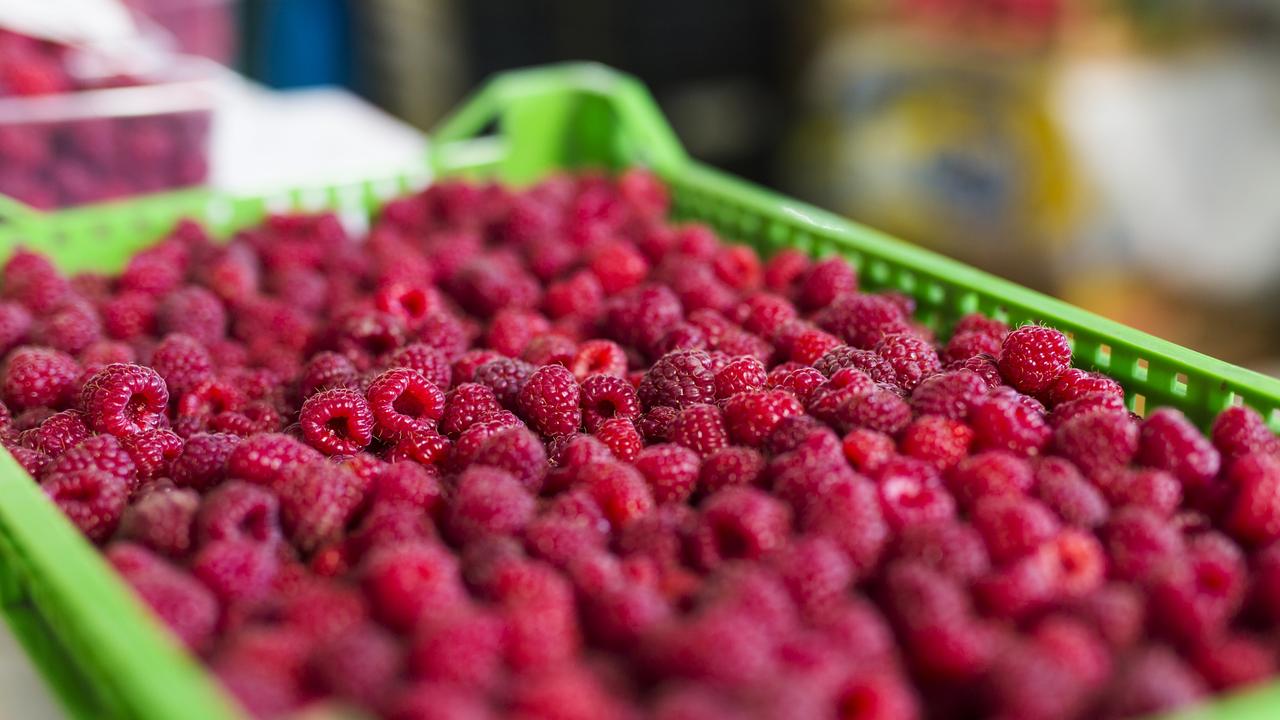Stone fruit exports to China surge under free trade agreement
STONE fruit exports to China have soared 167 per cent since the China-Australia free trade agreement came into play two years ago.
STONE fruit exports to China have soared 167 per cent since the China-Australia free trade agreement came into play two years ago.
New figures reveal that by the end of March this year, nectarine, peach and plum exports to China reached almost 5000 tonnes, up from about 1900 tonnes in the previous 12 months.
More Australian nectarines were sent to China than any other country — retailing for an average of $20/kg — and for the first time this year, China and Hong Kong accounted for almost half of all Australian stone fruit exports.
Summerfruit Australia chief executive John Moore said Australia’s citrus and table grape industries were price makers, and he was hoping the stone fruit industry would soon be in the same position.
“Export prices are firmer overseas and more profitable, and provide growers with an alternative to the domestic market, which is in oversupply,” Mr Moore said.
“We need to concentrate on a good market like China and cement that market, and that will reduce the domestic oversupply.”
The first Australian nectarine was sent to China in late 2016 after 13 years of negotiation, followed by peaches, plums and apricots in November last year.
Australian farms can now send stone fruit directly to the lucrative Chinese market provided it has been in cool store or fumigated to prevent the spread of fruit fly.
Mr Moore said export markets were critical to the long-term success of the industry.
Exports were strong following ideal growing conditions for Australia’s 2017-18 stone fruit crop, he said, which led to high-quality fruit.
Swan Hill Summer Fruits Development Association president Michael Tempini said he hoped the trend of strong sales to China continued to alleviate the downward pressure on domestic prices.
But the Lake Boga peach and nectarine farmer was cautious about hedging all bets on China considering Chilean stone fruit was also recently given market access.
“So a lot of growers are feeling the water to see how strong demand is for Australian fruit,” Mr Tempini said.
“We know they like our fruit but the premium price it commands over the Chilean fruit could hurt us.”
He said growers would assess the level of demand before increasing the scale of their production to cater specifically to China.


